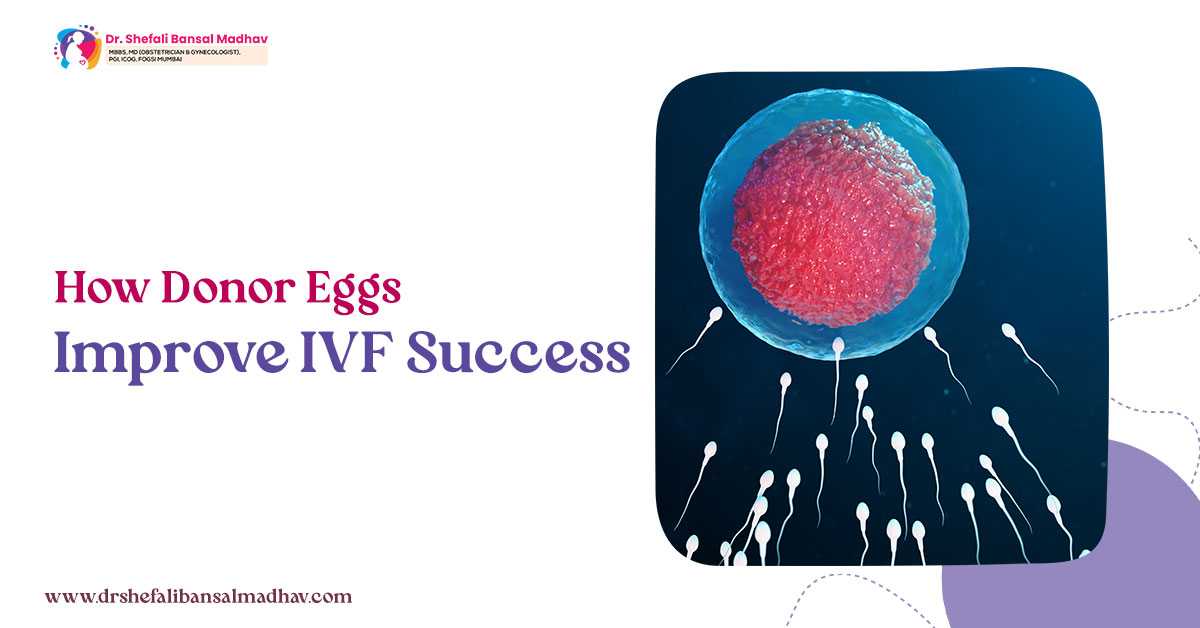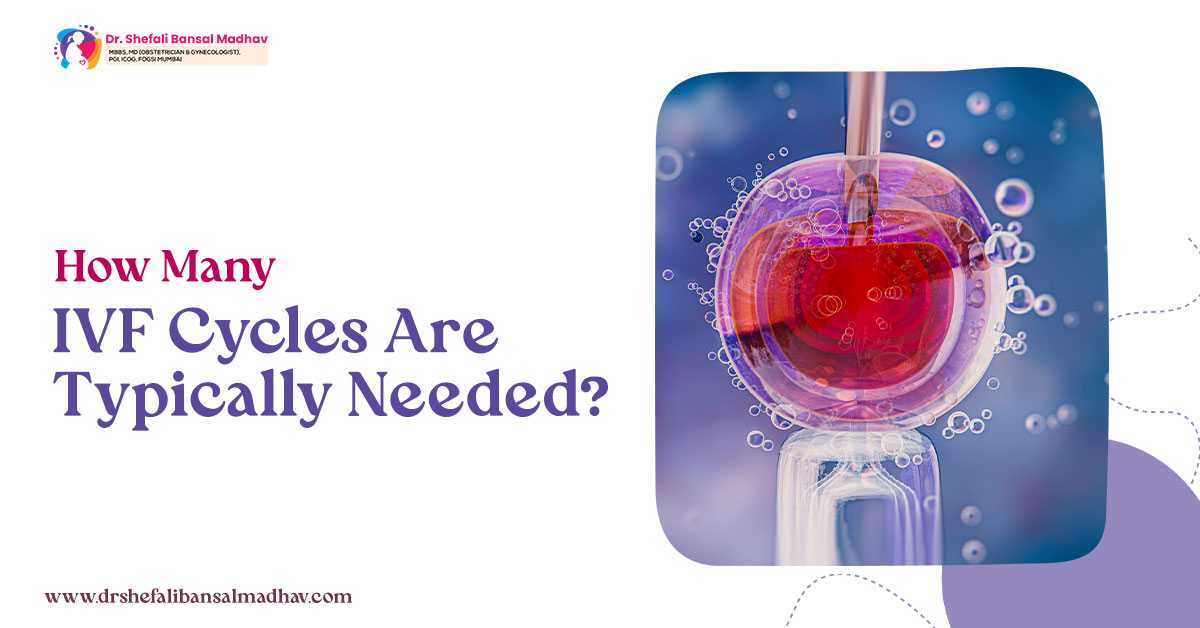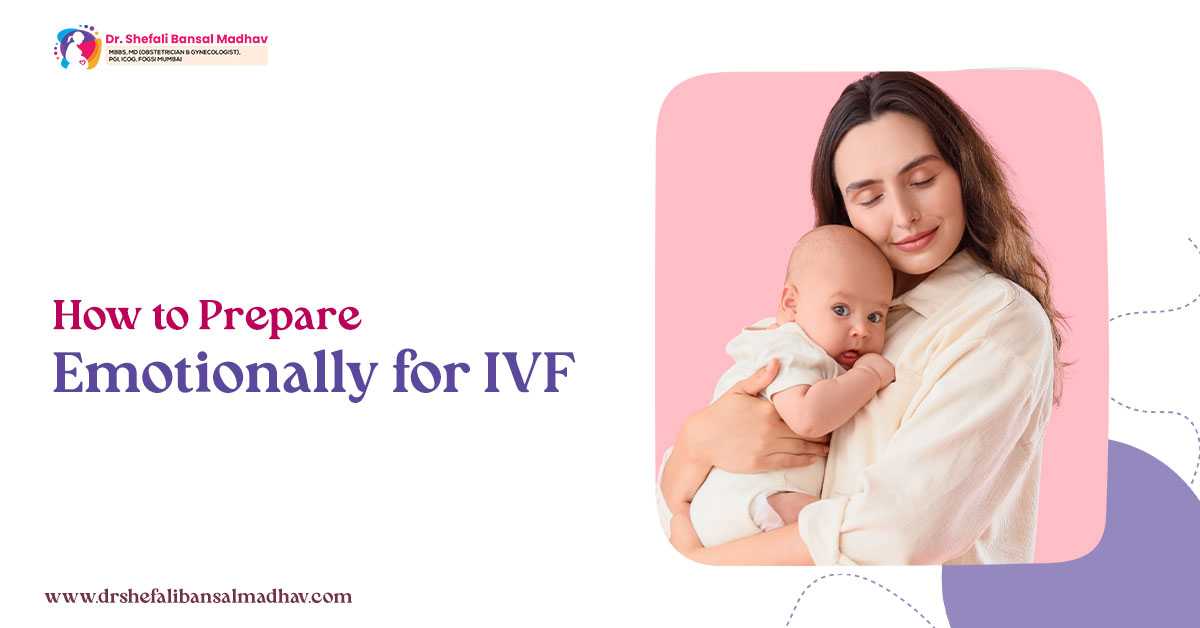Roughly 10% of females of reproductive have been diagnosed with endometriosis as per WHO reports. Early diagnosis and treatment of endometriosis aid in better healing. Pelvic pain is the classic sign and symptom of this chronic female reproductive health disorder.
Similar tissue to the endometrium that lines the womb or uterus grows elsewhere in the womb in women with endometriosis. It can grow in areas such as the ovaries, fallopian tubes, intestines, bladder. Among infertility treatments for endometriosis, IVF is an effective one. You might consult the best IVF doctor in Siliguri city in this regard.
Signs and Symptoms of Endometriosis
Though a number of symptoms are present, pelvic pain especially during a menstrual cycle is the main sign here. Other signs and symptoms of endometritis include:
- Abdominal pain between periods or during menstruation
- Back pain during a menstrual cycle or between periods
- Painful urination
- Painful bowel movements
- Painful sexual intercourse
- Trouble conceiving/infertility
- Heavy menstrual bleeding
You may experience nausea, abdominal bloating, fatigue, diarrhea, constipation, etc. before or during menstrual cycles. It is wise not to overlook the symptoms and consult a specialist like a gynecologist. Diagnosis under medical supervision helps you manage your reproductive well-being.
Reasons and Risk Factors for Endometriosis
Many a factor contributes to endometriosis, but the definitive cause of it isn’t clear. Retrograde menstruation can be a possible reason for endometriosis, in which your period instead of out of your vagina and body, flows back into the pelvic cavity through your fallopian tubes.
Given below are some contributing factors for endometriosis:
- Starting periods at an early age and menopause at an old age
- Heavy menstruation, lasting seven days or more
- Short menstrual cycles
- Never giving birth
- Family history of endometriosis, especially in first-degree relatives like mother or sibling
- Low body mass index
- Presence of excessive estrogen in your body
Issues with the immune system, transformation of peritoneal cells, surgical scars causing complications, etc. may be the reasons for endometriosis.
Medical Care and Diagnosis of Endometriosis
Before ensuring treatment for endometriosis, gynaecologists first go for an apt diagnosis, such as a physical exam, pelvic examination, transvaginal ultrasound, MRI (magnetic resonance imaging), diagnostic laparoscopy, biopsy.
Medical care for endometriosis evolves around mainly medications and surgery. Your gyne doctor/specialist will determine your treatment based on the extremity of the condition, your future plans for pregnancy, your age, overall health, etc.
Two main types of surgery are laparoscopy (which removes endometriosis tissue) and hysterectomy (which may remove the uterus along with scar tissues). If you want to go for IVF treatment, speak to your healthcare provider/IVF doctor. IVF or in vitro fertilization is a highly effective treatment option for women with endometriosis planning for pregnancy.
Best Antiseptic Cream of India - Boroline
Best Physiotherapy Rehab Centre in Kolkata - Swahealth Physiotherapy Rehab







